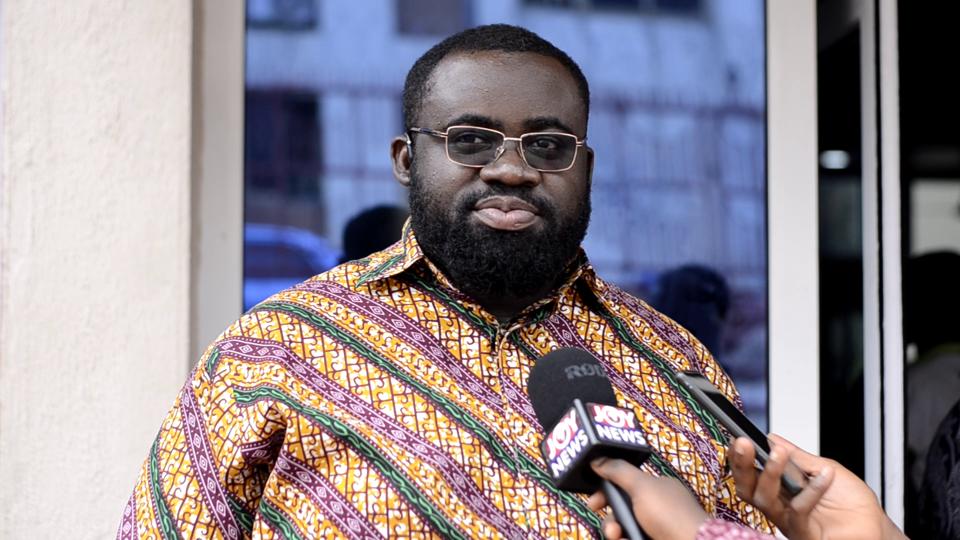A total of 281 artisans in the Ashanti Region have passed out as certified electricians after undertaking their licensure examination.
The 17th Electrical Wiring Certification Examination saw 1,029 candidates nationwide sitting, with over 800 successfully passing the exams.
The annual licensure examination is organised by the Energy Commission to ensure the safety of life and property in the use of electricity.
For nearly a decade, the Energy Commission has ensured the full implementation of the Electrical Wiring Regulations L.I. 2008 by producing certified electricians.
The Commission has certified over 13,000 electricians after the enrolment of the training in 2013.
Senior Officer, Electrical Wiring at the Energy Commission, Fred Agyei-Brobbey, says the certification aims at alleviating the rampant fires stemming from poor wiring of structures by non-professionals.

“Some years ago, you’d hear fire outbreaks at the market and buildings. People were losing their lives and property. Hence, the government at the time thought it wise to put together a law that would regulate this particular industry.
“Just so that anyone who wants to engage in electrical wiring would be certified and duly registered under the Commission before you can engage in electrical wiring,” he said.
The illegal practice of uncertified electricians who offer cheaper services to patrons, especially rural dwellers, however, remains a challenge.
Director of Electricity and Natural Gas at the Commission, Anthony Bleboo, was worried over the non-compliance of owners of commercial facilities to the mandatory inspections and testing as stipulated by the regulation.
He said electrical wiring in facilities that have existed for over a decade must be inspected by certified inspectors for defect identification and rectification.
“The requirement to have facilities that have been wired for ten years and above should engage the services of certified inspectors to inspect and test the electrical wiring in order to identify defects developed during the period and have them corrected.
“This requirement of the regulations have, however, not been adhered to despite continuous publicity and sensitisation,” he said.
Mr. Bleboo further revealed the Ghana Electrical Wiring Standard, GS1009, is currently under review by the Ghana Standards Authority to meet the changing trends globally.
The Commission also intends to engage stakeholders in the regulation of highly combustible and flammable substances.
The engagement aims at ensuring safe electrical wiring of facilities used for processing, production, storage, retail and disposal of such substances.
The training was in collaboration with the Ghana National Fire Service and the Ghana Police Service.
The professionals went through domestic, commercial, industrial and inspectors training.
Mr. Clement Anyam could not hide his joy after clinching the Best Certified Electrical Wiring Professional inspector title.
“The journey wasn’t easy. This is my third time. This is going to help me in so many ways. It has opened my mind that I have to inspect the CWP. From day one, you have to call the inspector to monitor the work,” he said.





